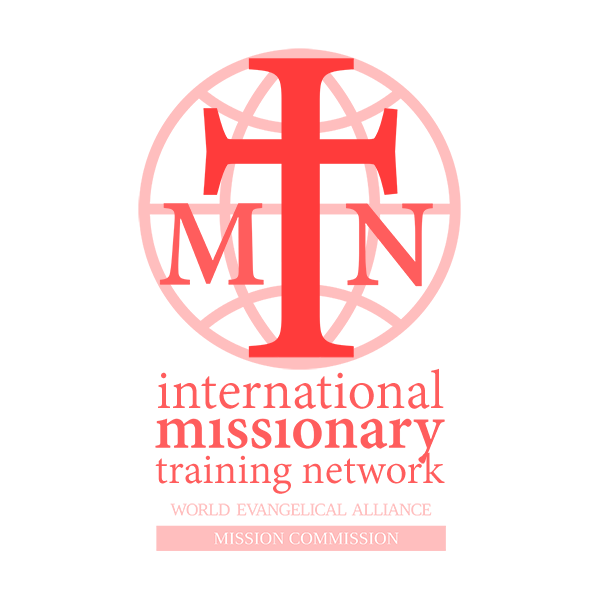In 2012 the IMTN conducted a survey of missionary trainers. Some 85 people responded to the survey. Many of the answers can be seen in the section Missionary Trainers. Below is a summary of the replies showing what needs were expressed.
Constant need for missionary training: Missionaries are still being sent with little or no training and making the same mistakes as always.
Training of trainers – and the need for mentors: older mentors to help in missionary training; training of trainers; What kind of training is offered to the trainers and what quality will one look for in them?
Collaboration between trainers and institutions: joint training events; sharing of faculties; linking up with others in missionary training; Dialogue with others in Missions, Church Planting and Discipleship; networking training schools; actually collaborating on the design and implementation of training; more functional and effective network of missionary cooperation. (eg. Interaction with COMIBAM); * Principles and Best Practices to achieve real results from working together. * What are the characteristics of a partnering friendly organization?
Help in specific areas of training:
- Deeper spiritual life
- Planning: Turning vision into practical reality.
- Grassroots missions
- Sustainability: Developing sustainable ministries. Raising up indigenous leaders. Greater focus in gathering people into churches, and not merely small groups or \"\"house\"\" churches; Develop a plurality of elders in the planted church;
- Contextualisation: Find out how they are doing training related to contextualization of the arts in missions contexts. Id like to discover how they are dealing with the challenges in contextualization issues. Worldview and contextualised gospel; cross cultural teaching and learning
- Teams and multicultural teams: More effective team work; How to work in multi-organizational (multi-cultural) collaboration? leading multicultural teams;
- Greater focus on evangelism
- More focus on discipleship
- Islam: Training and support in evangelising Muslims;
- Re-entry
Theological underpinning for missionaries Many have little theological underpinnings.; The role of a biblical theology of mission, not just as a subject per se, but as a contributor to the diverse areas of mission training. To put it another way, the role of a strong why in producing clarity of what and how. It addresses the integration of biblical theology with ministry and practice.
Resources: better teaching materials; best practices for mission trainers; grant writing; how we fund full-time missionaries; publication of African MT books;
Distance learning: possibility of distance learning for missionaries – cooperating together with other MT institutions; 2. How can on-line learning be effective in transformation?
Curriculum design: designing contextualised curriculum for African Mission Schools; curriculum development; Do a training program(s) that trainers are engaged in have a comprehensive training plan or philosophy?
Recruitment of candidates: Do the training program(s) that trainers are engaged in have a good strategy for recruiting new missionary candidates?
Learning styles: Lifelong learning; How can mission training nurture learning that is transformational? The nature of different culturally appropriate learning styles and their impact on mission training, particularly in a multicultural training context. For example, when you have responsibility to teach a course on some aspect of mission and the class is made up of people from East Asian, European, and South Pacific cultural backgrounds, what does that say to how you teach. This becomes even more complex when teaching in an accreditation framework. How can mission training be relevant and accessible to the church in multiple contexts?

